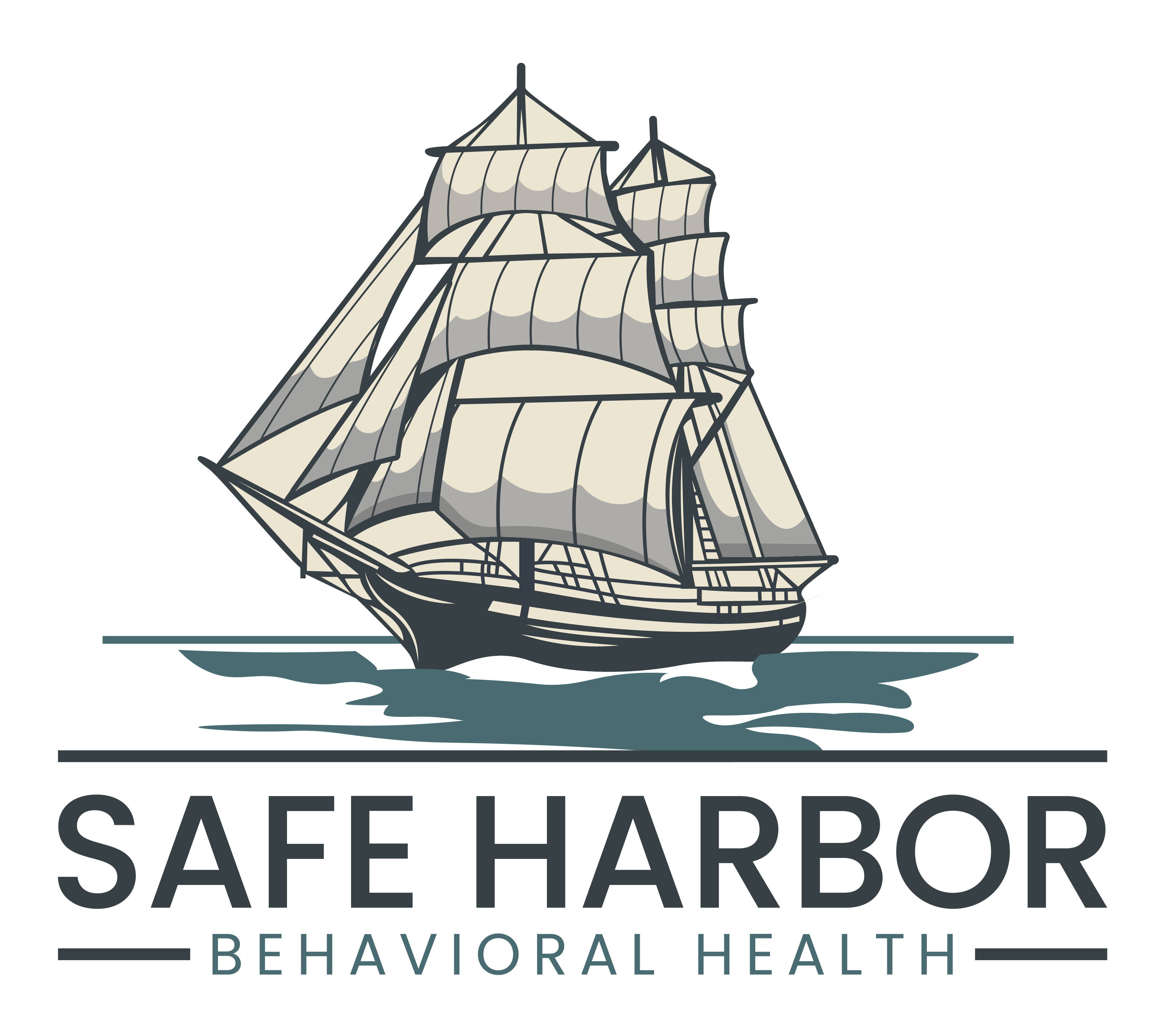Managing the responsibilities of full-time employment while staying committed to addiction recovery is a significant undertaking. It requires focus, self-discipline, and a dependable support system to maintain sobriety while keeping up with professional demands.
For many, work offers essential structure, a sense of purpose, and financial independence—all of which can reinforce a recovery lifestyle. Still, the workplace may also present stressors that, if not carefully managed, could challenge your progress. This guide provides practical strategies to help you succeed in both your career and your recovery.
Addressing Recovery Challenges at Work

Recovery is a deeply personal journey that touches every aspect of your well-being—mental, physical, and emotional. Juggling it alongside the expectations of a full-time job can intensify the effort required. Common challenges include:
- Coping with daily stress
- Facing workplace triggers
- Navigating stigma or lack of understanding
- Carving out time for therapy and self-care
By identifying these challenges early, you can build routines and coping strategies that support both your professional performance and your sobriety.
Building a Daily Routine That Supports Recovery
Consistency is one of the most powerful tools in recovery. Aligning a structured routine with your work schedule can enhance both stability and accountability. Consider incorporating:
- Regular sleep patterns
- Scheduled meals and breaks
- Time for therapy sessions or support group meetings
- Activities that promote relaxation, movement, or creative expression
A reliable routine minimizes uncertainty and helps reduce the risk of relapse. If you work variable shifts, speak with your employer about setting boundaries that prioritize your recovery.
Choosing Whether to Disclose Your Recovery at Work
Deciding to share your recovery journey in the workplace is a personal choice and should be based on your comfort level and your workplace culture.
Confiding in a trusted supervisor or HR representative can lead to accommodations such as flexible hours or access to mental health support. That said, concerns about stigma or discrimination are understandable. If you opt for privacy, ensure you lean on a solid external support network.
If you do decide to disclose, plan the conversation thoughtfully. Consider involving HR and learn about your rights under the Americans with Disabilities Act (ADA).
Managing Stress and Reducing Triggers During the Workday
Work environments often come with pressure—tight deadlines, interpersonal friction, and demanding workloads. For individuals in recovery, unmanaged stress can increase the risk of relapse.
Healthy coping techniques might include:
- Deep breathing exercises
- Short mindfulness breaks
- Taking walks or stretching during breaks
- Journaling or checking in with a sponsor
Stay alert to early signs of emotional strain, such as fatigue or irritability. Responding proactively helps you stay in control and on track.
Making Time for Self-Care—Without Guilt
In recovery, self-care isn’t optional—it’s essential. The desire to prove yourself at work can sometimes lead to overexertion, but neglecting your well-being can undermine your progress.
Be deliberate about including:
- Restful, consistent sleep
- Balanced, nourishing meals
- Physical movement
- Enjoyable activities and hobbies
- Attendance at recovery meetings
Treat your self-care routine with the same importance as your professional tasks. A balanced life encourages emotional strength and long-term stability.
Staying Connected to Your Support System
Maintaining strong ties with your recovery community is vital, even with a busy schedule. Whether through therapy, group meetings, or informal support check-ins, staying connected provides crucial accountability.
Seek out flexible options such as virtual or lunchtime meetings. Aim to attend a few each week, and maintain regular contact with your sponsor or counselor.
Responding to Cravings and Risky Situations
Cravings can arise unexpectedly, especially after a tough workday or challenging interaction. Preparing ahead of time can empower you to handle them effectively.
Try strategies like:
- Taking a quick break to reset
- Calling a sponsor or supportive friend
- Practicing grounding or mindfulness techniques
- Journaling your thoughts and feelings
If your job includes events with alcohol or other substances, plan accordingly: bring your own drink, leave early if needed, or attend with a supportive colleague.
Setting Goals with Realistic Compassion
You may feel motivated to exceed expectations at work—especially when rebuilding after addiction. However, perfectionism can be counterproductive.
Focus on steady progress, not perfection. Be kind to yourself if you face setbacks. Recovery is a long journey, and growth often comes through learning from challenges.
Celebrating Your Wins
Every success counts—whether it’s a week of staying sober, a positive performance review, or a meaningful recovery milestone. Acknowledge your achievements and reward yourself with things that matter: time off, a favorite activity, or a heartfelt conversation with someone who supports you.
Celebrating progress fuels your motivation and reminds you how far you’ve come.
Recovery Resources in Gloucester, MA
It is absolutely possible to thrive in both your career and your recovery with the right mindset and support. By embracing structure, prioritizing self-care, and staying connected to your recovery network, you can achieve long-term wellness and professional success.
If you or someone close to you is battling addiction, Safe Harbor Behavioral Health offers compassionate, effective support.
Reach out to us anytime at (888) 617-3070 or info@safeharborbh.com. You’re also welcome to visit us in person, 24/7, at 11-15 Parker St, Gloucester, MA 01930.
Take the first step today—your future is worth the effort.

